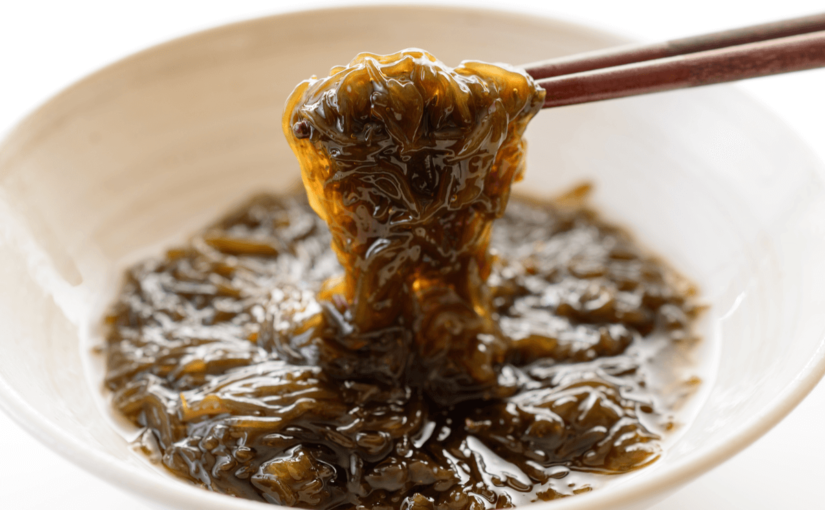What is Fucoidan?
Fucoidan (pronounced FOO-koi-dan) is a natural compound most abundantly found in certain types of brown seaweed, such as kombu, wakame, hijiki, bladderwrack, and mozuku.
Fucoidan is a type of sulfated polysaccharide, which is a complex carbohydrate made mostly of a sugar called fucose, along with sulfur-based compounds. The unique molecular structure of fucoidan helps the brown seaweeds survive in harsh marine environments, protecting it from bacteria, drying out at low tide, and UV damage from the sun’s rays [1][2].
Traditionally, people of East Asia, especially in Okinawa, Japan, have eaten brown seaweed for centuries, not only for taste and nutritional benefits but also for its potential health-supporting properties.
Today, fucoidan is available as a dietary supplement and is being widely studied for its possible role in supporting immune health, reducing inflammation, and more[2][3][4].
Take a look at why Haitai's True Fucoidan stands out from the other fucoidan supplements out there. The reason will surprise you...it surprised us when we first discovered this about fucoidan supplements:
References:
-
Berteau, O., & Mulloy, B. (2003). Sulfated fucans, fresh perspectives: Structures, functions, and biological properties of sulfated fucans and an overview of enzymes active toward this class of polysaccharide. Glycobiology, 13(6), 29R–40R. https://doi.org/10.1093/glycob/cwg016
- Fitton, J. H., Stringer, D. N., & Karpiniec, S. S. (2015). Therapies from fucoidan: An update. Marine Drugs, 13(9), 5920–5946. https://doi.org/10.3390/md13095920
- Li, B., Lu, F., Wei, X., & Zhao, R. (2008). Fucoidan: Structure and bioactivity. Molecules, 13(8), 1671–1695. https://doi.org/10.3390/molecules13081671
- Teas, J., Baldeón, M. E., Chiriboga, D. E., Davis, J. R., Sarriés, A. J., & Brueggemeier, R. W. (2009). Could dietary seaweed reverse the metabolic syndrome? Asia Pacific Journal of Clinical Nutrition, 18(2), 145–154.



